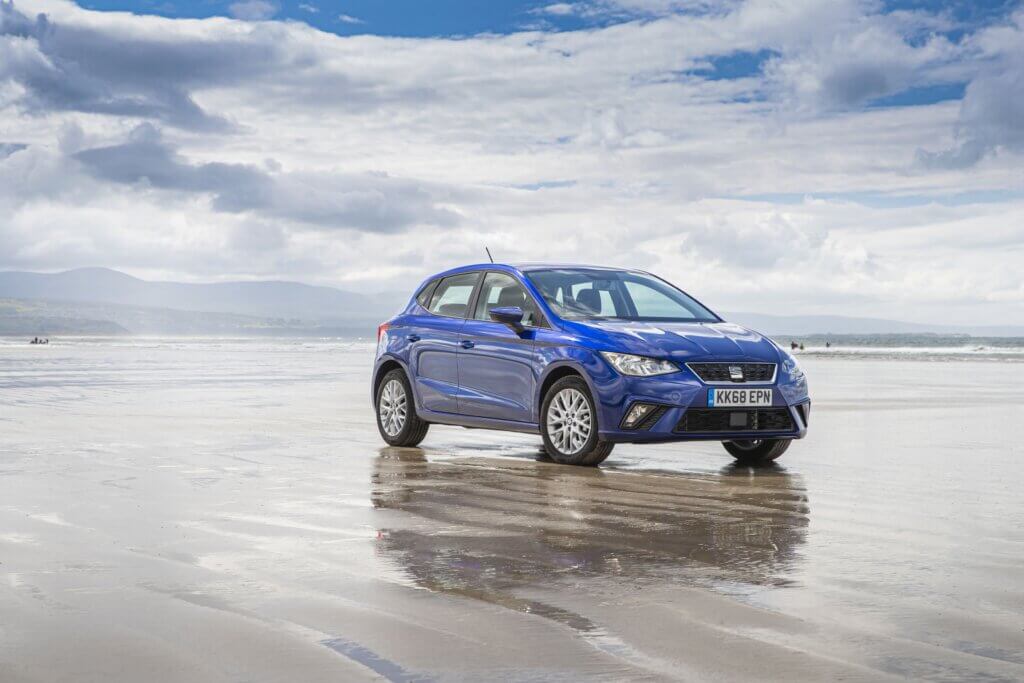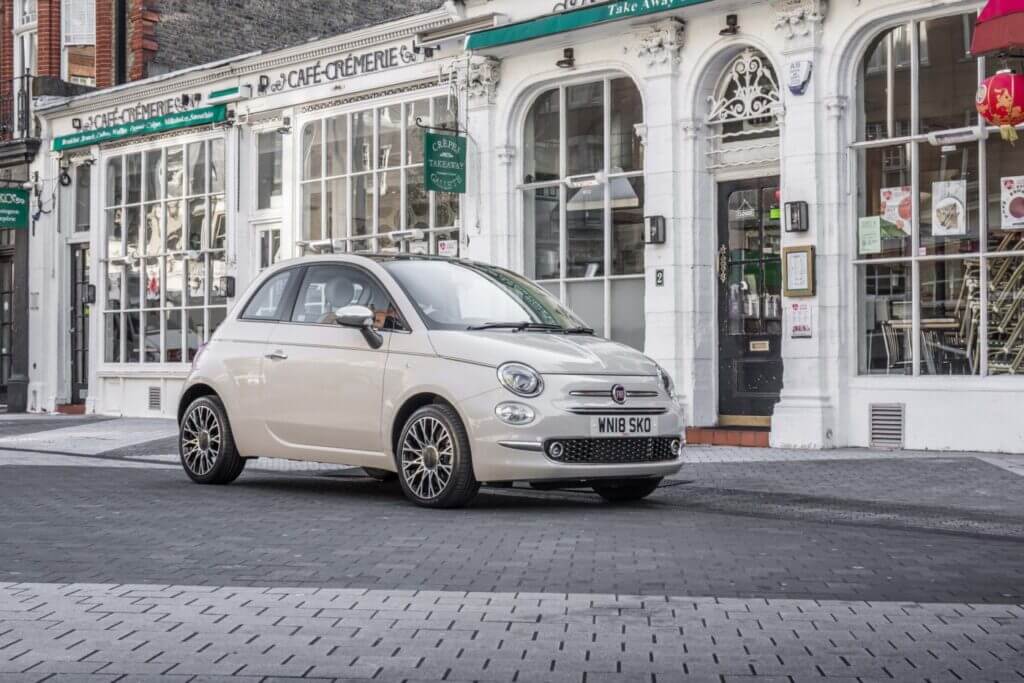There are plenty of superb options when it comes to finding your first car. You’ve got plenty of things to consider when shopping for your new wheels, however. A smaller engine size will result in lower insurance premiums and will help reduce running costs while a compact size might be a good idea if you’re still feeling a little less-than-confident during your first time out on the roads alone.
We’ve got cars of all shapes and sizes to check out, too, catering for exactly what you’re looking for. But before you dive in and make the purchase, we’d always recommend doing your sums first; after all, the cost of a car isn’t just the price tag, but all of the other factors such as insurance and running costs. Put them all into one ‘budget’ beforehand and it’ll make it much easier to decide.
Best cars for new drivers
As we’ve touched upon, there’s great variety within the best cars for new drivers segment. We’ve got a little bit of something for everyone, from uber-compact city cars to smaller SUVs. A number of factors have influenced this list to make it ideal for first-time drivers, too, including reliability and insurance costs. But because a car is cheap to run doesn’t mean it has to be boring to drive, so you’ll find that the cars in this list deliver some of that smile-inducing handling too.
Our experts pick for the best-used cars as a new driver:




